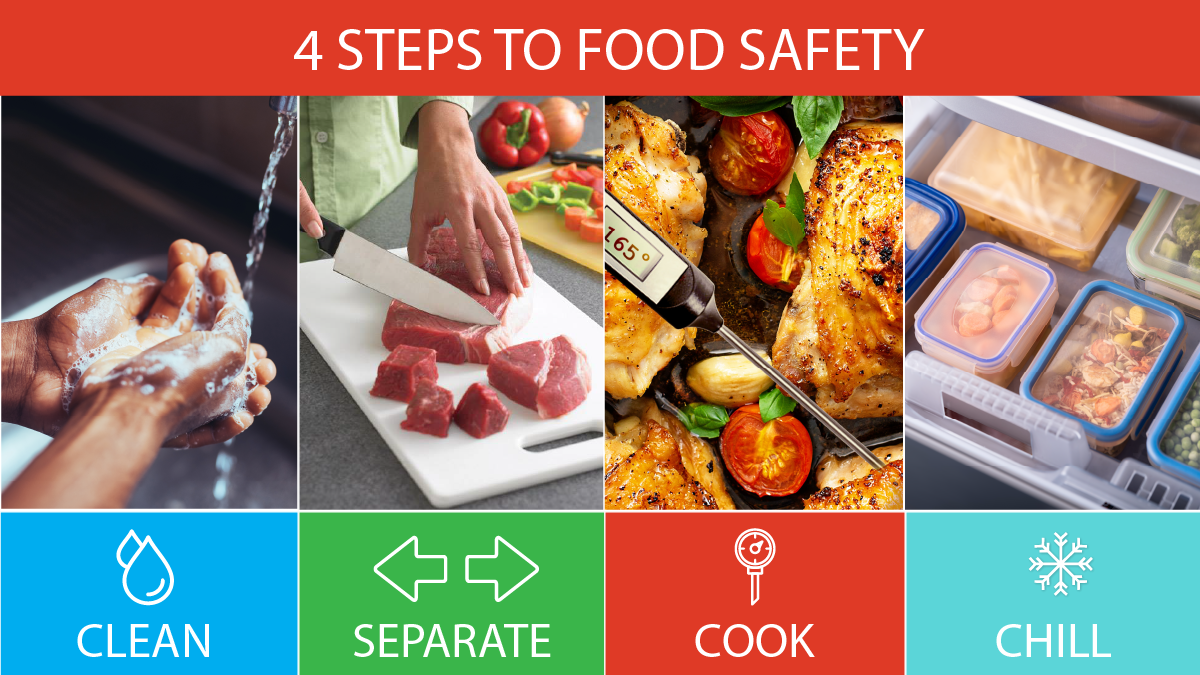Food Safety Complaints in Kuwait have risen sharply, showing a 25% increase in just one year, according to a newly released government report. This surge has raised concerns among residents and officials about food handling practices, hygiene standards, and regulatory enforcement in the country’s food industry.
The official report, issued by Kuwait Municipality’s Food Safety Department, outlines that over 4,000 food-related complaints were recorded this year, compared to 3,200 the previous year. These complaints range from expired items sold in supermarkets to unhygienic practices in restaurants and cafés.
Understanding the Rise in Food Safety Complaints in Kuwait

At the beginning of the report, the focus is placed on the nature of the complaints. Most of the food safety complaints in Kuwait involved improper food storage, insects found in cooked food, spoiled products, and inadequate labeling.
According to officials, complaints were most frequently filed against small eateries and low-cost food delivery services. A significant number also came from consumers visiting local markets, where food temperature control and packaging standards often go unchecked.
Health inspectors say that many food establishments are not following the updated safety protocols issued during the post-pandemic period. These include regular temperature checks for food handlers, sanitization of kitchen equipment, and proper ventilation in cooking areas.
Government Response to Food Safety Complaints in Kuwait
The Kuwait Municipality has responded quickly to this troubling rise in food safety complaints in Kuwait. Over 600 restaurants, cafés, and food stores were fined in the last 12 months. Around 120 were temporarily closed due to severe violations.
A spokesperson for the Municipality stated that surprise inspections will now increase, especially in high-density areas such as Hawally, Farwaniya, and Salmiya. More inspectors are being hired to deal with the growing number of complaints.
Additionally, the government has launched a public awareness campaign encouraging citizens to report food safety violations. The aim is to make both customers and food business operators more responsible.
Authorities have also introduced digital tools to track repeated violations and flag restaurants with poor food safety records. Businesses that ignore safety standards could face permanent closure.
Role of Social Media in Highlighting Food Safety Complaints in Kuwait
Social media has played a key role in bringing food safety complaints in Kuwait to public attention. Viral videos and photos of contaminated food or dirty kitchens have resulted in public backlash and forced authorities to act quickly.
Platforms like Instagram, Twitter, and TikTok are now frequently used by residents to share their experiences, tagging official municipality pages and demanding immediate action. In some cases, posts have led to restaurant shutdowns within hours.
Officials say this form of public reporting is helpful, but they urge people to use the official complaint system as well to ensure proper investigation.
Impact on the Food Industry
The rise in food safety complaints in Kuwait is affecting the image of the local food industry. While many established restaurants maintain high hygiene standards, smaller food outlets often struggle to meet safety requirements due to lack of resources or training.
Some business owners argue that the penalties are harsh, especially when issued without prior warning. However, most acknowledge that stricter standards are necessary to protect public health.
In response, the Kuwait Food Safety Network is offering training sessions for food business owners. These include workshops on food handling, storage, and employee hygiene.
Several businesses are now investing in better storage units, temperature monitors, and regular staff health checks to avoid violations and rebuild customer trust.
Consumers’ Changing Behavior

Due to the increase in food safety complaints in Kuwait, consumers are becoming more cautious. Many now check restaurant hygiene ratings before placing an order or visiting a venue. Food review apps that include safety scores have seen a significant rise in downloads.
Some people have even returned to home-cooked meals or limited their food orders to well-known chains. Consumer trust, once lost, is difficult to regain, and many small businesses are working hard to recover their reputation.
Kuwait’s Ministry of Health has also advised citizens to avoid food from unverified sources and to report any suspicious items or unhygienic practices immediately.
What’s Next?
The report concludes that food safety complaints in Kuwait will likely remain high unless stronger preventive measures are implemented. Officials plan to:
- Introduce new food safety laws with stricter penalties
- Mandate food safety certifications for all food handlers
- Conduct more frequent and randomized inspections
- Develop a rating system visible to the public
- Launch educational campaigns in schools and communities
By 2026, the government hopes to reduce complaints by at least 40% through better enforcement, public cooperation, and business compliance.
Final Thoughts
Food safety complaints in Kuwait have reached a concerning level, reflecting gaps in the monitoring system and challenges faced by food businesses. While the 25% increase is a warning sign, it also opens the door for change.
The government, public, and food industry must now work together to improve hygiene, transparency, and accountability. With stronger rules and more informed consumers, food safety complaints in Kuwait can be brought under control, ensuring a healthier future for all.
Do follow Gulf Magazine on Instagram
Also Read – Kuwait’s Iconic Street Food Scene Expands Across 3 Major Cities



